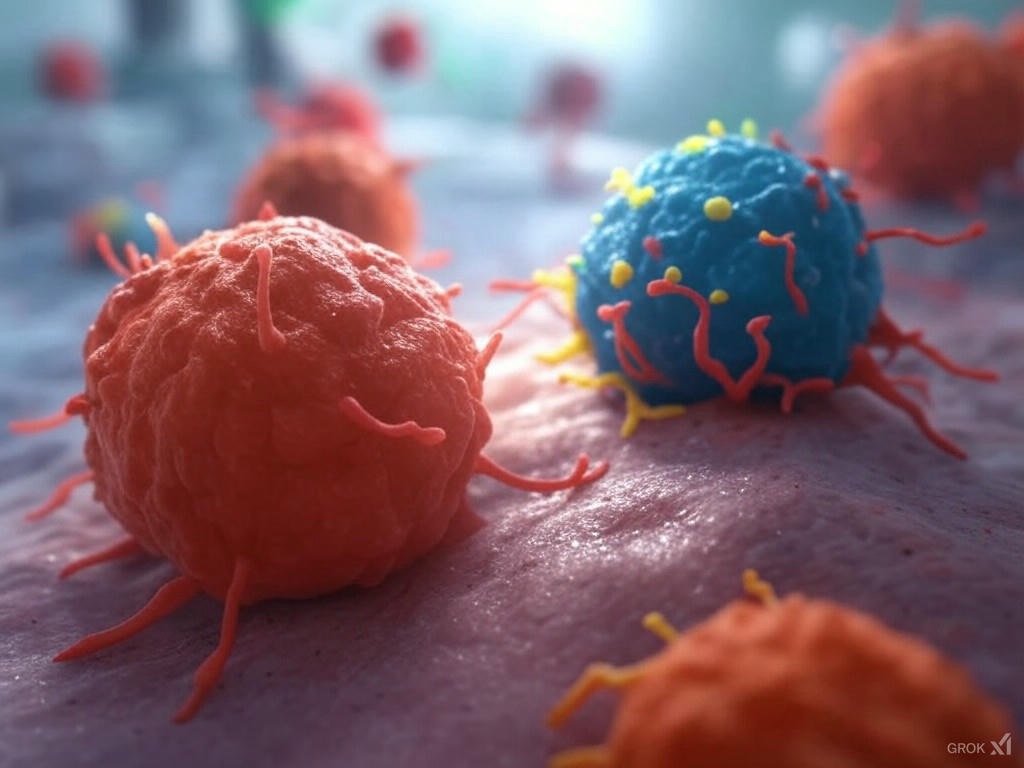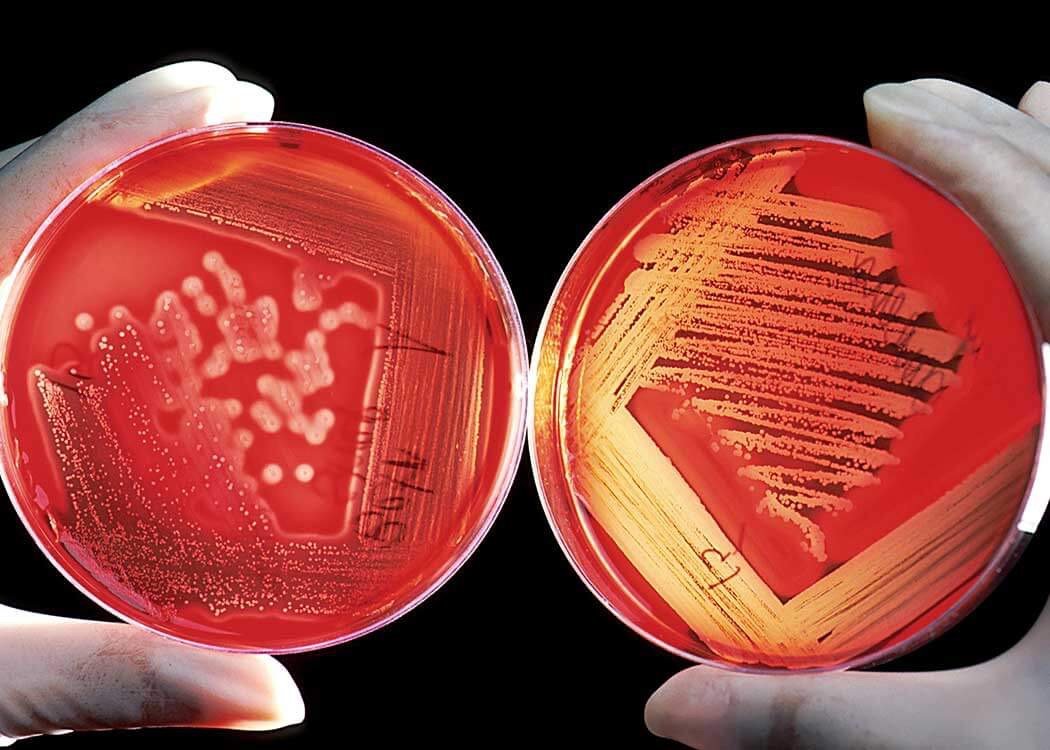A Cardiac Drug’s Unexpected Role in Fighting Cancer Spread
Scientists have discovered that digoxin, a decades-old medication used to treat heart failure and arrhythmias, may hold the key to preventing breast cancer from spreading to other organs. This breakthrough, published in Nature Medicine , offers new hope for curbing metastasis—the leading cause of cancer-related deaths.
The Deadly Power of Circulating Tumor Cell Clusters
Cancer’s deadliest trait is its ability to metastasize. When tumors shed cells into the bloodstream, these circulating tumor cells (CTCs) can form clusters that act as “seeds” for new tumors. Research shows that larger CTC clusters are far more likely to establish metastatic tumors than single cells . For example, clusters of four or more cells are significantly more aggressive, as demonstrated in mouse studies .
From Heart Failure to Cancer Fighter: The Digoxin Discovery
In 2019, researchers at ETH Zurich screened over 2,400 FDA-approved drugs to find compounds that could dissolve CTC clusters. Digoxin, a cardiac glycoside derived from the foxglove plant, emerged as a top candidate. Preclinical studies revealed that digoxin disrupts ion pumps (Na+/K+ ATPases) in cancer cells, causing calcium overload and breaking apart clusters .
How Digoxin Works Against Metastasis
- Targeting Ion Pumps: Digoxin blocks sodium-potassium pumps in cancer cell membranes, destabilizing their internal environment .
- Calcium Overload: This disruption forces cells to absorb excess calcium, weakening cell-to-cell adhesion and dissolving clusters .
- Gene Suppression: Post-treatment CTCs show downregulation of genes linked to cell adhesion and cell-cycle progression, further reducing their metastatic potential .
Clinical Trial Results: A Promising Start
In a proof-of-concept trial (DICCT/Swiss-GO-07), nine metastatic breast cancer patients received low-dose digoxin for one week. Key findings:
- Cluster Size Reduction: Average cluster size decreased by 2.2 cells (from ~3 cells to <1 cell per cluster) .
- Safety: No adverse effects were reported, aligning with digoxin’s established safety profile for heart conditions .
- Mechanistic Confirmation: RNA sequencing confirmed reduced expression of genes critical for cluster cohesion .
While small, this trial marks the first human evidence that dissolving CTC clusters could prevent metastasis .
Why This Matters: A New Approach to Metastasis Prevention
Current cancer therapies (chemotherapy, radiation) focus on killing primary tumors but often fail to stop metastasis. Digoxin offers a complementary strategy:
- Combination Therapy: Pairing digoxin with traditional treatments could target both the primary tumor and circulating threats .
- Repurposing Existing Drugs: Digoxin’s known safety profile could accelerate clinical adoption .
Future Directions: Beyond Breast Cancer
Researchers are already exploring:
- Improved Derivatives: Developing more potent versions of digoxin to enhance efficacy .
- Expanding to Other Cancers: Early lab tests suggest applications in prostate, colorectal, and pancreatic cancers .
- Larger Trials: Future studies will assess long-term survival benefits and optimal dosing .
Conclusion: A Paradigm Shift in Cancer Care
The discovery of digoxin’s anti-metastatic properties underscores the potential of drug repurposing in oncology. While larger trials are needed, this study opens a new frontier: targeting the biology of metastasis itself, not just primary tumors. As lead researcher Nicola Aceto states, “The larger the clusters, the more successful they are at spreading cancer. Breaking them apart could save lives” .
References: For more details, explore the original studies in Nature Medicine and updates from ETH Zurich .
This blog synthesizes findings from peer-reviewed research and clinical trials. Consult a healthcare provider before making medical decisions.



